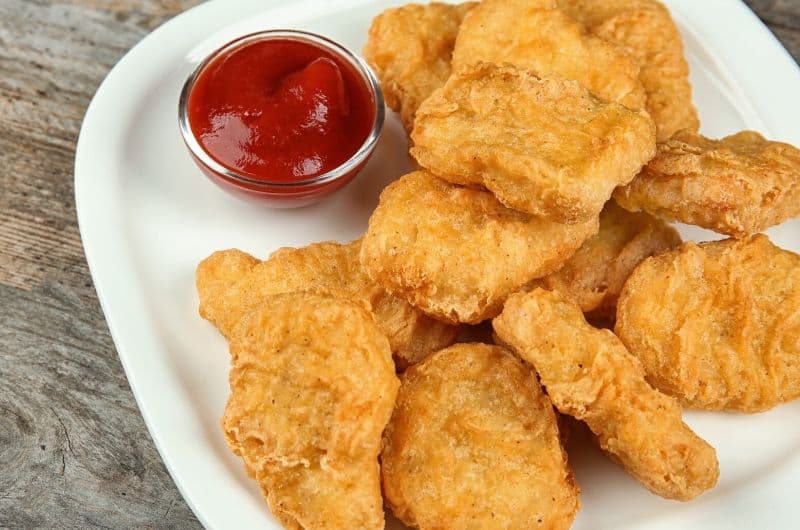

Baker’s team spent their semesters mincing and molding and measuring every facet of the chicken and the egg. A delicious hybrid of serious scientists and intrepid line cooks, Dr. On any given day, under the florescent lights of the windowless room, dozens of food science students would scurry between lab benches and food-prep tables with beakers and baking sheets in hand and food-safety-grade paper hats secured to their eager young heads. He went on to receive his doctorate in food sciences from Purdue University in 1956 and by 1959 had set up a state-of-the-art poultry-products technology lab in the basement of a building at Cornell. There had to be a way to help chicken growers not only sell more birds but also make even more money off of each one.įoreseeing the revolutionary possibility of processed foods, which were already reaping big dividends for pork and beef, Baker decided that value-added poultry products would be his life’s work. Having grown up on a struggling apple orchard in upstate New York during the Depression, Baker knew all too well the difficulties these farmers were facing.

were keeping up with the latest in feed and housing technologies but were still falling behind.

#Mcdonalds nuggets how to
As an assistant professor in poultry extension, Baker was charged with teaching farmers how to raise their flocks in the most efficient and profitable manner possible.īaker quickly saw the limits of the growing side of the chicken equation the farmers he was working with around Ithaca, N.Y. It was in this capacity that he later returned to his beloved Cornell. I thought the future was brighter in chickens than in fruit.” And thanks to him, it would be.Īlthough he wanted to stay on at Cornell, he was advised to take some time away from the university, and upon graduation started working as a poultry extension agent in the South, helping struggling farmers to better grow their birds.
When asked why he made the switch from fruits to birds, he replied, “I guess I fell in love with chickens. Although he majored in fruit agriculture, having tended a hearty flock of Rhode Island Red chickens in his youth, he felt an immediate attraction to the poultry classes. Teaching at Cornell had long been Baker’s dream, one he had had even before he started his bachelor’s at the university in 1939. In 1949, the school’s Department of Animal Sciences added to their faculty a young man by the name of Robert Baker. You definitely don't have to sweat your way through the preparation of that Super Bowl spread if you don't want to.The answer would come, piping hot and golden delicious, from the food science laboratories at Cornell University. If you use up that deal before Sunday's game, there are a ton of other deals available out there, including from favorite fast food spots like Wendy's and Burger King or even spots like Applebee's.
#Mcdonalds nuggets code
However, when placing your order, you have to add the code "KICKOFF" to get that pile of chicken pieces. Though, if you can't be forced to give a damn about the Super Bowl, you're able to redeem the offer from February 10-13. You have to use McDelivery, but delivery is nice when you can't rip yourself away from the Super Bowl or the Olympics.
#Mcdonalds nuggets free
Make any purchase of at least $15 through McDelivery with DoorDash, and you'll get a free 20-piece order of Chicken McNuggets. If you're looking to impress friends with the range of your spread on a budget, McDonald's has a deal that will bulk up the table. Louis and actively cheering against those turncoats.) It might even be more important than the game unless you're from Cincinnati or Los Angeles. The Super Bowl spread-food, not the betting line-is just as important, probably more important, than the commercials or the Puppy Bowl.


 0 kommentar(er)
0 kommentar(er)
